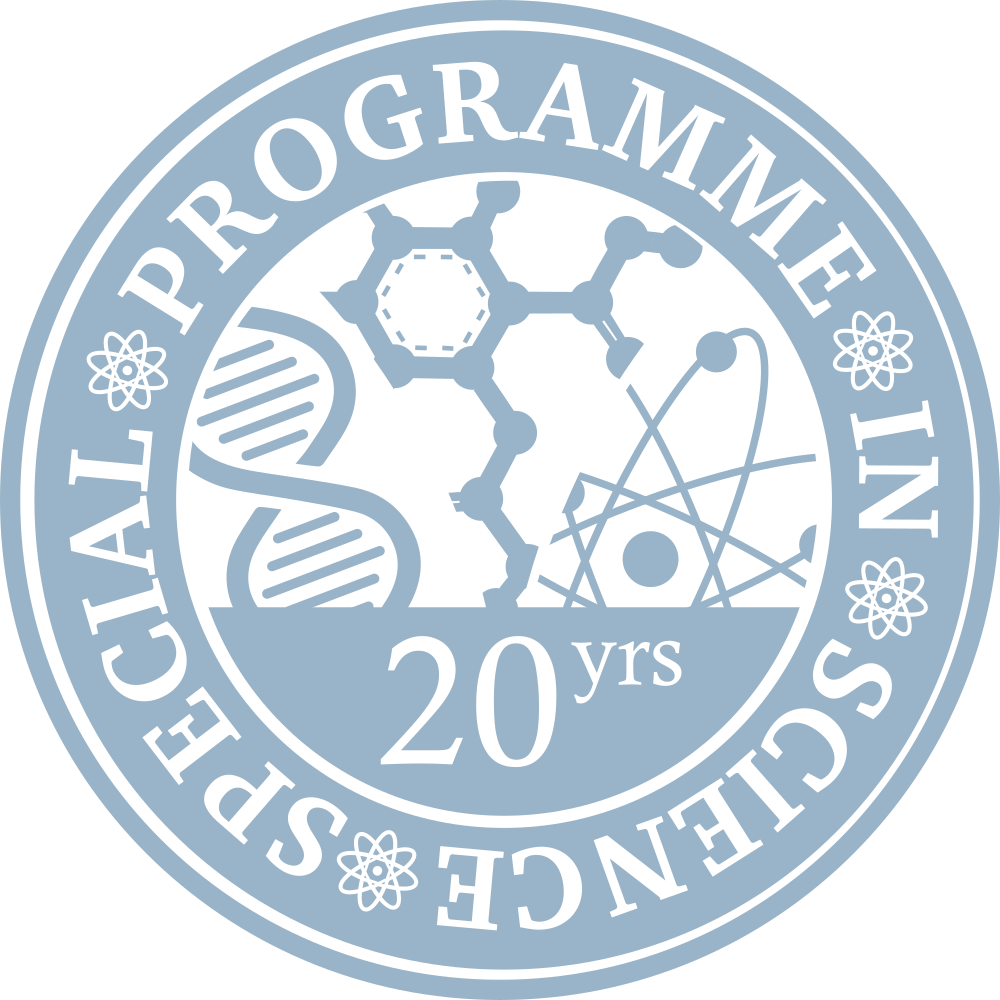#
The Expanding Universe
The history of astronomy is a history of receding horizons. -- Edwin Hubble
#
Learning Objectives
In this chapter, you will first examine Hubble's 1929 data, and with the cosmological principle in mind develop an understanding of the expanding Universe. You will then apply some of the concepts you have learned in earlier chapters to construct models of the expanding Universe. By solving the cosmological models, you will be able to determine the evolution of our Universe in different energy conditions.
#
Learning flow
We will spend 2 weeks for this chapter.
In week 8 lecture, we begin with Hubble's law and describe the expanding Universe using a Newtonian model (Section 7.2 and 7.3). We will also start on the spacetime metric for an expanding Universe (Section 7.4) for flat and sppherical space.
In week 9 IS, we will solve the differential equations (Friedmann equations) for the Newtonian expanding Universe numerically. We will also understand some of the consequences of the equations via the discussion questions (Q1 and Q2).
In week 9 lecture, we will continue the section (7.4) on the spacetime metric for expanding Universe. We will finally discuss the cosmological models that are derived from Einstein's theory of General Relativity.
In week 10 lecture, we wil review what we have learnt so far and if time permits, discuss some of the questions at the end of the chapter.
